Behaviour management is right up there as being the most significant and toughest part of teaching: without control you simply cannot teach.
Here are 5 signs that your behaviour strategy is all wrong. If you find you are doing some of these, don't worry, I'll give you an alternative strategy you can try instead!
Here are 5 signs that your behaviour strategy is all wrong. If you find you are doing some of these, don't worry, I'll give you an alternative strategy you can try instead!
Mistake number 1: You're punishing the whole class because of the actions of a few
So there are a handful of students being disruptive and you think it's just easier to keep them all behind so their classmates get annoyed with them too in the hopes that will make them stop. Here's the problem with that - you're punishing students who have done nothing wrong. You'll end up creating resentment and you may lose the good behaviour of those few who are behaving right, not to mention giving them very mixed signals. I learnt this lesson when I was a student myself: a teacher of mine once kept my whole class behind for an hour after school to clean the classroom as "punishment"... except I never stepped a foot wrong - and I'm apparently still mad about it!? I wonder what that taught the "naughty" kids...
So what can you do instead:
I know it can feel like it's the whole class playing up, but I bet you it isn't. Start making a note of students talking / misbehaving - I mean actually write it down so they can see you are targeting them. You can choose to keep your list private and make them a little uneasy, or you can put the names up on the board. Then come consequence time you know who to deal with and who can be let free to run to the front of the canteen at lunchtime!
So there are a handful of students being disruptive and you think it's just easier to keep them all behind so their classmates get annoyed with them too in the hopes that will make them stop. Here's the problem with that - you're punishing students who have done nothing wrong. You'll end up creating resentment and you may lose the good behaviour of those few who are behaving right, not to mention giving them very mixed signals. I learnt this lesson when I was a student myself: a teacher of mine once kept my whole class behind for an hour after school to clean the classroom as "punishment"... except I never stepped a foot wrong - and I'm apparently still mad about it!? I wonder what that taught the "naughty" kids...
So what can you do instead:
I know it can feel like it's the whole class playing up, but I bet you it isn't. Start making a note of students talking / misbehaving - I mean actually write it down so they can see you are targeting them. You can choose to keep your list private and make them a little uneasy, or you can put the names up on the board. Then come consequence time you know who to deal with and who can be let free to run to the front of the canteen at lunchtime!
Mistake number 2: You're shouting at them
Yes, kids are loud. Yes, you know they're not going to hear your "regular" voice if you try to get their attention. Yes, you're cross and want them to know it. However, you still don't actually need to shout! Not only is it not nice being shouted at (we're trying to guide them the right way and model the behaviour we want to see, remember) but it is also highly ineffective if used too frequently. I kid you not, I overheard this exact conversation with two 13 year old boys recently: "Mr _____ shouts so much. I don't know why he bothers, he does it so much no one even takes notice any more." Yep, that kid is 13 and he gets it. If you shout a lot, eventually your students will get used to it and your voice will have no impact - then what are you going to do? Get a megaphone?!
So what can you do instead:
I know it can feel like shouting is the only way to get them to hear you, but it really isn't. I'm known as being a very quiet teacher, not because I never "need" to shout, but because I use other effective strategies. Try "the look": just stare at them with a look of expectancy, boredom, anything! You'll have a few lovelies that spot it and start shushing everyone. You can also try clapping in rhythm, writing a sentence on the board, doing a dance, walking around talking to yourself until they start wondering what you are doing... anything that they won't be expecting from you will get their attention, trust me, and you won't need to raise your voice one little bit! The beauty of this is that if you ever do need to shout (in case of emergency, for example) you know they will take notice. Be sure to keep mixing up your strategies though to ensure they are kept on their toes and get creative and have some fun with it!
Yes, kids are loud. Yes, you know they're not going to hear your "regular" voice if you try to get their attention. Yes, you're cross and want them to know it. However, you still don't actually need to shout! Not only is it not nice being shouted at (we're trying to guide them the right way and model the behaviour we want to see, remember) but it is also highly ineffective if used too frequently. I kid you not, I overheard this exact conversation with two 13 year old boys recently: "Mr _____ shouts so much. I don't know why he bothers, he does it so much no one even takes notice any more." Yep, that kid is 13 and he gets it. If you shout a lot, eventually your students will get used to it and your voice will have no impact - then what are you going to do? Get a megaphone?!
So what can you do instead:
I know it can feel like shouting is the only way to get them to hear you, but it really isn't. I'm known as being a very quiet teacher, not because I never "need" to shout, but because I use other effective strategies. Try "the look": just stare at them with a look of expectancy, boredom, anything! You'll have a few lovelies that spot it and start shushing everyone. You can also try clapping in rhythm, writing a sentence on the board, doing a dance, walking around talking to yourself until they start wondering what you are doing... anything that they won't be expecting from you will get their attention, trust me, and you won't need to raise your voice one little bit! The beauty of this is that if you ever do need to shout (in case of emergency, for example) you know they will take notice. Be sure to keep mixing up your strategies though to ensure they are kept on their toes and get creative and have some fun with it!
Mistake number 3: You're worrying whether they like you
Yes, positive relationships are key in the classroom but being worried about whether students like you or not will prevent you from doing your job and being the teacher that your students need. You think deep down they'll like you better if you let them off handing their homework in late today, or you give in when they beg you for something they are not allowed, bribing you with words such as: "Oh please let me just chew this gum, you'll be the best teacher ever!" LOL yeh, 'cos that's what makes a great teacher...!
So what can you do instead:
Let me tell you something. Your students want you to be strict, fair and consistent, regardless of what they say in front of the class. By letting them off the hook for things, giving in, being too worried about sanctioning them, you're actually letting them down. They need you for guidance. You need to teach them the right way to behave and they need to learn that every action has a consequence: good or bad.
Yes, positive relationships are key in the classroom but being worried about whether students like you or not will prevent you from doing your job and being the teacher that your students need. You think deep down they'll like you better if you let them off handing their homework in late today, or you give in when they beg you for something they are not allowed, bribing you with words such as: "Oh please let me just chew this gum, you'll be the best teacher ever!" LOL yeh, 'cos that's what makes a great teacher...!
So what can you do instead:
Let me tell you something. Your students want you to be strict, fair and consistent, regardless of what they say in front of the class. By letting them off the hook for things, giving in, being too worried about sanctioning them, you're actually letting them down. They need you for guidance. You need to teach them the right way to behave and they need to learn that every action has a consequence: good or bad.
Mistake number 4: You're not keeping them engaged
Sure, a lot of the time we wonder why kids behave in such ridiculous ways! But sometimes, we need to take the responsibility... Don't get mad at me! Think about it - have you been asking your students to do the same task in silence for the past 50 minutes with no variety, no stopping to talk to them, no physical activity? What do you expect is going to happen! Unless you have a class full of angels (or they're doing a test..!) the chances are they are going to get restless. Think about the last time you were in the world's most dull meeting where you literally had to sit there for 45 minutes with no opportunity to change task or focus... I rest my case.
So what can you do instead:
Ensure your lessons have pace and never give them a chance to get restless. Get them changing activities regularly, get them up and about, then talking, then quiet, then whole class discussions, then video clips, then peer work, then quizzes.... you get the idea! Keep it fresh, keep them busy, keep them managed.
Sure, a lot of the time we wonder why kids behave in such ridiculous ways! But sometimes, we need to take the responsibility... Don't get mad at me! Think about it - have you been asking your students to do the same task in silence for the past 50 minutes with no variety, no stopping to talk to them, no physical activity? What do you expect is going to happen! Unless you have a class full of angels (or they're doing a test..!) the chances are they are going to get restless. Think about the last time you were in the world's most dull meeting where you literally had to sit there for 45 minutes with no opportunity to change task or focus... I rest my case.
So what can you do instead:
Ensure your lessons have pace and never give them a chance to get restless. Get them changing activities regularly, get them up and about, then talking, then quiet, then whole class discussions, then video clips, then peer work, then quizzes.... you get the idea! Keep it fresh, keep them busy, keep them managed.
Mistake number 5: You're taking their poor behaviour personally
Ahh we are such emotional souls, aren't we...! We've gave up so much of our evening preparing resources for this class, and this is how they choose to repay us?! We're hurt, hurt! [Gold star if you get the Friends reference!]
So what can you do instead:
Listen, despite what I said in number 4, most of the time it is nothing to do with us, especially if their "off" behaviour is out of the ordinary. It could be stuff going on at home, a previous lesson (a-hem, thanks previous teacher who decided to reward the class with chocolate before sending them to me...) or it could be that they've just come back from lunch and they are completely preoccupied with the dramas of "what she said, then he said, then she said"...! It's not you, they're just kids! Apply some of the tips I have shared with you today and remember, they need you to be consistent.
Ahh we are such emotional souls, aren't we...! We've gave up so much of our evening preparing resources for this class, and this is how they choose to repay us?! We're hurt, hurt! [Gold star if you get the Friends reference!]
So what can you do instead:
Listen, despite what I said in number 4, most of the time it is nothing to do with us, especially if their "off" behaviour is out of the ordinary. It could be stuff going on at home, a previous lesson (a-hem, thanks previous teacher who decided to reward the class with chocolate before sending them to me...) or it could be that they've just come back from lunch and they are completely preoccupied with the dramas of "what she said, then he said, then she said"...! It's not you, they're just kids! Apply some of the tips I have shared with you today and remember, they need you to be consistent.


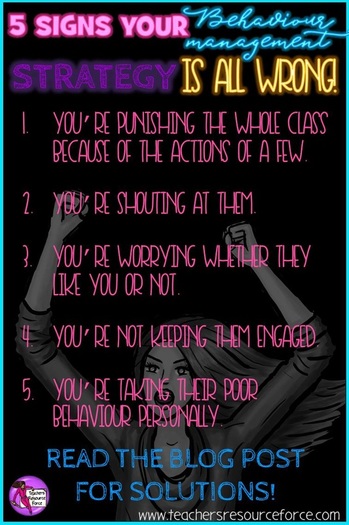




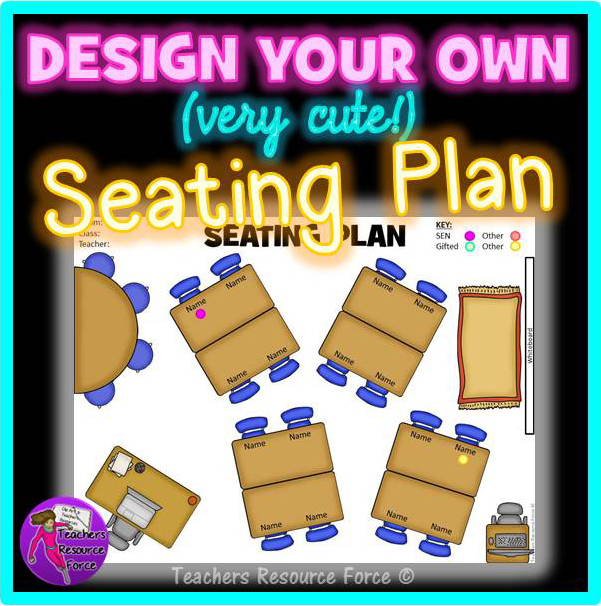


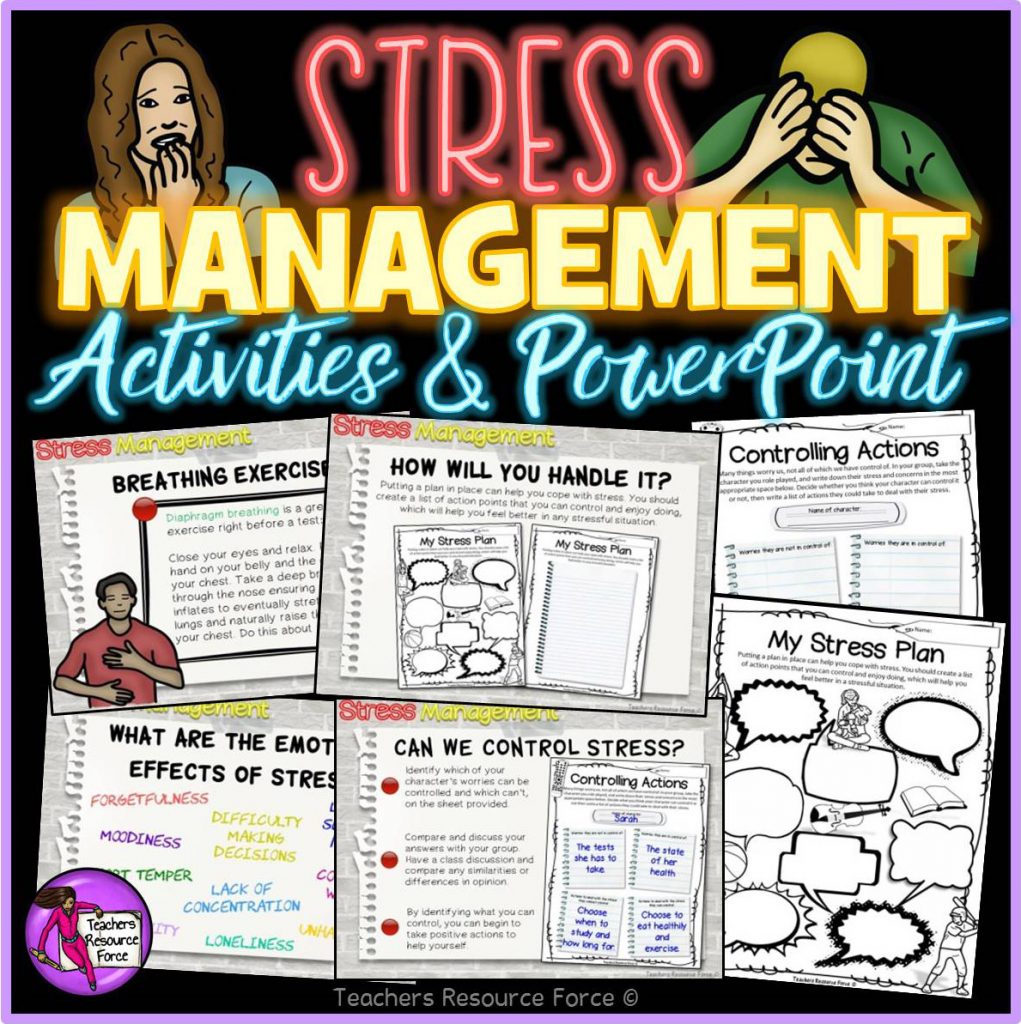

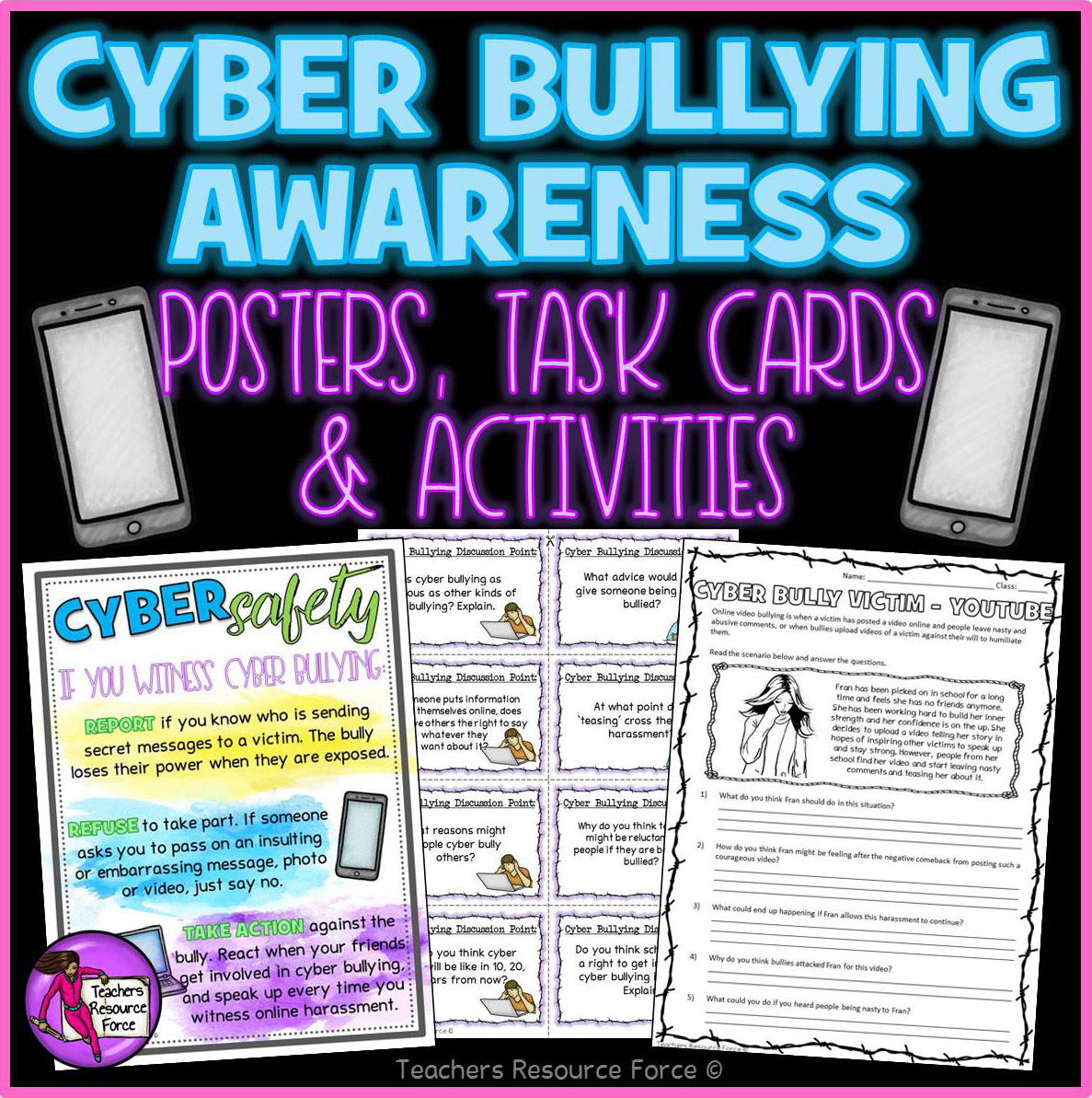








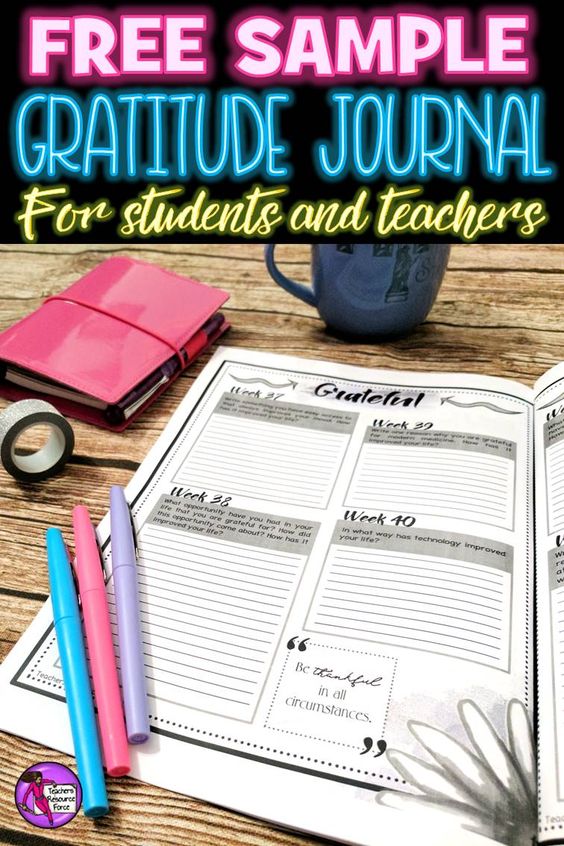




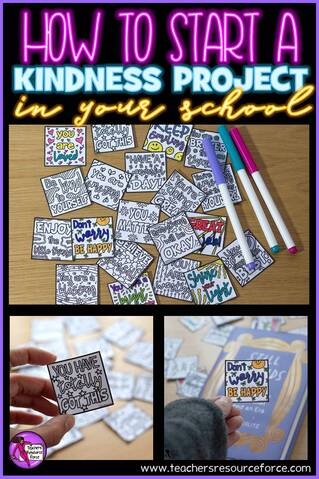


 RSS Feed
RSS Feed



